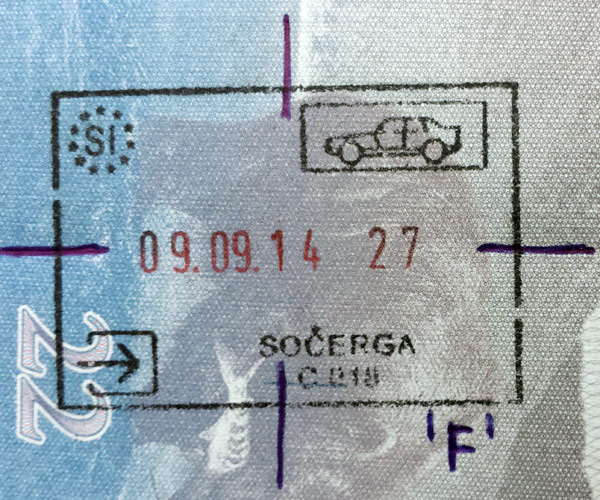No, you were refused entry into the Schengen Area due to the lack of a needed visa.
- You did not, officially, enter the Schengen Area
You cannot be removed or deported from a country when you, officially, never entered it.
These terms apply only in cases where you:
- you are illegally within (overstay or illegal entry) the country
- you are considered an undesired alien due to crimes commited within the country
The goal of the DS 160 question is to determin if you have committed some illegal activity in another country.
A refused entry is not considered an illegal activity and not being asked in the DS 160 question. The form itself uses the term refused admission elsewhere.
If you want to be very careful, then answer yes, but use the refused entry term with the reason why in the 'Explain' field of the form.
Have you ever been removed or deported from any country ?
To understand how to answer such a question, you must understand, in a legal sense, what the used terms mean or what happened to you in the past (which may differ from jurasdiction to jurasdiction)
removal
- you are requested to leave a country by a specific date
- issued by a local authority in a written form
- you leave on your own account
- re-entry is generally prohibited for a specific period of time
- which can be a cause for a refused entry
deportation
- you are detained and forced to leave a country
- issued by a local authority in a written form
- enforced by a border guard or immigration officer
- re-entry is generally prohibited for a specific period of time
- which can be a cause for a refused entry
refused entry (or refused admission)
- conditions of entry not fullfill at port of entry
- issued by a border guard or immigration officer at point of entry
- you return immediately to your point of departure
- the carrier that brought you there are mostly required to carry you back
- reasons can differ radically, depending on the reason
- does not cause an automatic flagging of the traveler
Corresponding German law:
Schengen Border Code ANNEX VI 2.1.3:
...
; in particular checks in this area may be carried out on persons subject to an airport transit visa in order to check that they are in possession of such a visa.
For the Schengen Area, a refusal of entry will be documented in the passport as defined in the Schengen Border Code, Annex V, Part A 1(b, d):
(b) affix an entry stamp on the passport, cancelled by a cross in indelible black ink, and write opposite it on the right-hand side, also in indelible ink, the letter(s) corresponding to the reason(s) for refusing entry, the list of which is given on the abovementioned standard form for refusing entry;
(d) record every refusal of entry in a register or on a list stating the identity and nationality of the third-country national concerned, the references of the document authorising the third-country national to cross the border and the reason for, and date of, refusal of entry.

Schengen Border Code, Annex V, Part B contains a sample refusal form, where the meaning of the possible letters used can be seen.
- C: has no visa or residence permit
- F: overstayed 90/180 period
This should not be confused with the invalidation of an exit stamp (double crossing out through the euro symbol)

after a refusal of entry into the United Kingdom:




